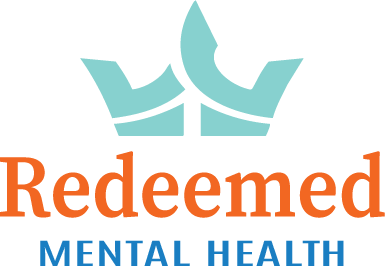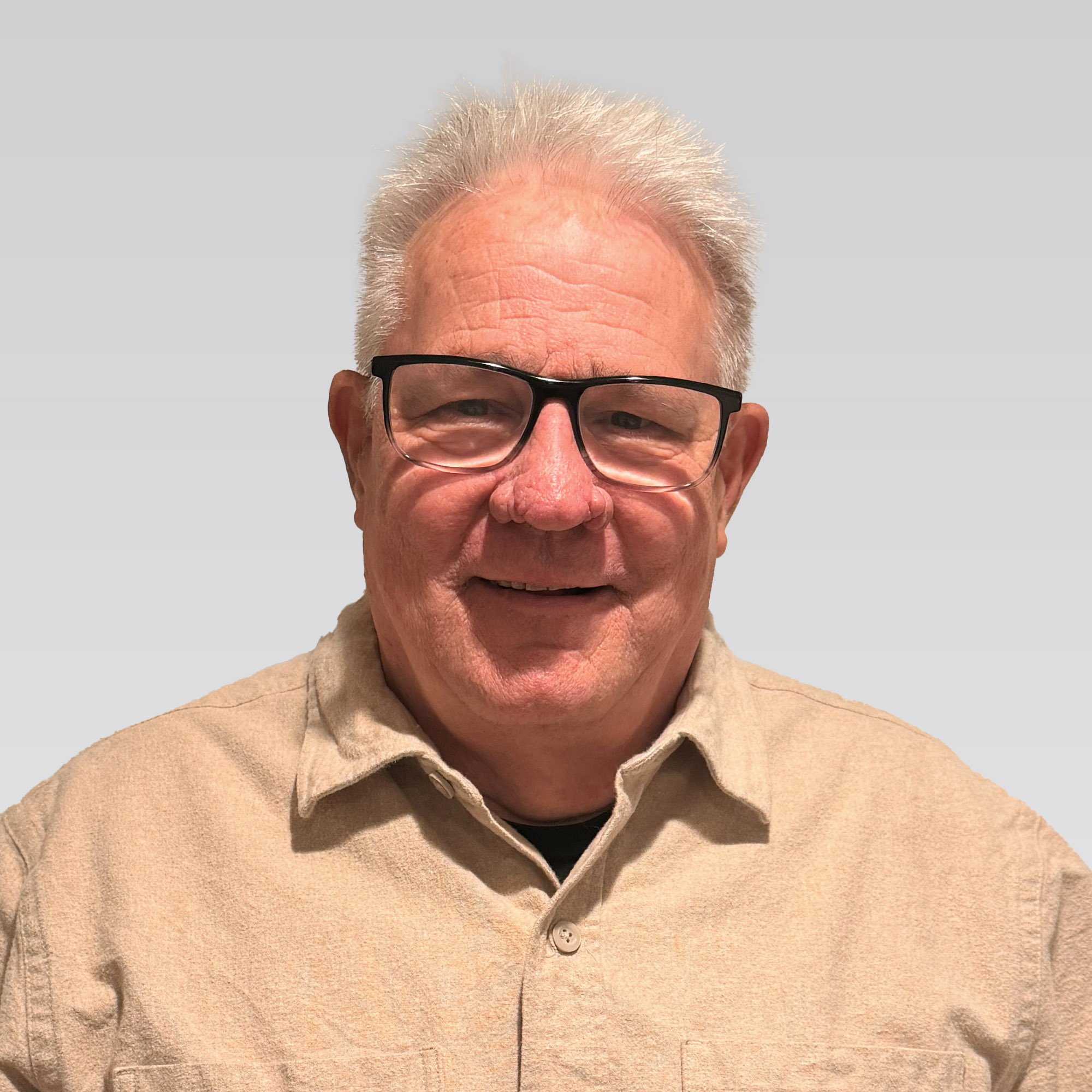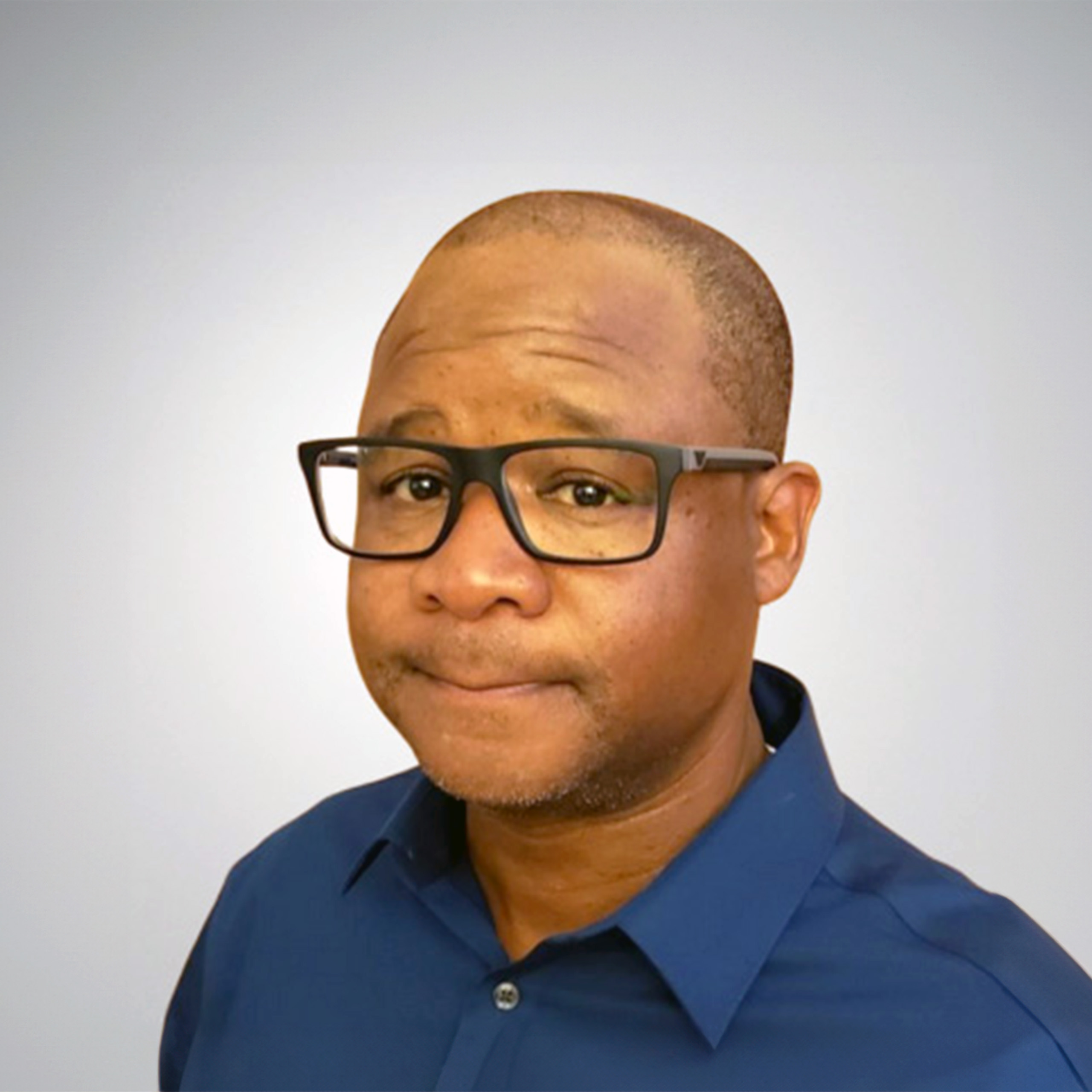 Insight-oriented therapy includes a branch of therapies very often recommended to individuals with disorders such as eating disorders, substance use disorders, personality disorders, mood disorders, and anxiety disorders. Insight-oriented therapy or IOT is sometimes known as psychodynamic therapy or insight therapy and focuses on helping the patient get to know themselves and their responses better. Here, therapy relies on intensive talks between the therapist and that patient to help the patient uncover and understand their behavior, reactions, and emotions – so that they can be more self-aware, can recognize behaviors as they happen, and can make meaningful steps to changing behavior, improving emotional regulation, and resolving internal conflicts.
Insight-oriented therapy includes a branch of therapies very often recommended to individuals with disorders such as eating disorders, substance use disorders, personality disorders, mood disorders, and anxiety disorders. Insight-oriented therapy or IOT is sometimes known as psychodynamic therapy or insight therapy and focuses on helping the patient get to know themselves and their responses better. Here, therapy relies on intensive talks between the therapist and that patient to help the patient uncover and understand their behavior, reactions, and emotions – so that they can be more self-aware, can recognize behaviors as they happen, and can make meaningful steps to changing behavior, improving emotional regulation, and resolving internal conflicts.
If you or a loved one has been recommended insight-oriented therapy as part of mental health treatment, it means your therapist thinks you might benefit from insight into yourself and your behavior. It’s also commonly used in cases where patient motivation for treatment is getting in the way of seeing results with other forms of therapy. Let’s take a look at what insight-oriented therapy is and how it works.
What are the Goals of Insight-Oriented Therapy?
Insight-oriented therapy is a talking therapy in which you first work to build trust and a bond with your therapist and then work on exploring yourself. This means that you spend sessions of 45-60 minutes 1-3 times per week for 3-24 months with your therapist. The length and duration of therapy depends on you, your goals, and the complexity of the situation, as most IOT is delivered on a personalized and needs basis. This means you’ll get a different program depending on your initial assessment during intake and your program will be updated as you progress (or don’t) along the way.
The primary goal of insight-oriented therapy is to understand how past experiences and patterns limit and cause problems today, so that you can take steps to change those patterns.
- Exploring the Unconscious Mind – Much of IOT is based on psychotherapy and the idea that unresolved conflicts from early life shape your behavior, thoughts, and feelings. That means exploring the unconscious mind as part of therapy, which can help you to understand processes that influence your actions and reactions now. This is often used to understand transference – where you project feelings, responses, and beliefs from the past onto current people. E.g., some of us feel anxious and like our loved ones may abandon us because we were emotionally neglected as children, and moving on from that means dealing with that trauma.
- Understanding Patterns – Another primary goal of IOT is to help you understand your own patterns and behaviors. That means what you do, how you do it, and how you respond to things. For example, defensive mechanisms, coping mechanisms, automatic habits, and behavior patterns that are automatic responses rather than thought out and chosen. For example, if you rely on patterns of denial to avoid painful emotions, if you act defensively when people ask you for change, etc., you may be able to work past that by simply understanding those patterns and the root cause and acknowledging that at the root.
Insight-oriented therapy is a long-term program intended to deliver treatment over a period of months or even years. That’s significantly different than many approaches like cognitive behavioral therapy, which may deliver the entire therapy in as little as 10-15 sessions. Therefore, your relationship with your therapist, your long-term adaptation, and growth over time all become important.
What Happens in Insight-Oriented Therapy?
 Insight-oriented therapy is a talking therapy where you sit down and talk to your therapist over a period of months or even years. It’s the classic picture of a patient leaning back on a couch with the therapist sitting on a chair listening.
Insight-oriented therapy is a talking therapy where you sit down and talk to your therapist over a period of months or even years. It’s the classic picture of a patient leaning back on a couch with the therapist sitting on a chair listening.
- Intake – You’ll have one or more sessions with your therapist that are entirely about sharing basic details, getting to know your therapist, and allowing the therapist to figure out a good approach to start your treatment. These sessions will mean sharing your life information, relationships, current concerns, current mental health symptoms, and establishing current goals.
- Exploration of Childhood Experiences – Most IOT begins with multiple sessions designed to help patients explore and share their early childhood experiences. This means sharing family dynamics, sharing emotions, sharing things that happened and notable experiences, etc. This is in part to set an easy starting point to share with your therapist and to build trust, while giving the therapist insight into why you might act, behave, and think in the ways that you do.
- Exploration of the Self – Insight-Oriented therapy will then switch to sessions designed for self-reflection, exploring current behaviors, and building insight into what’s underneath current behaviors. That means reflecting on current emotional state, thoughts, and behaviors. Here, you’ll likely be asked to connect thoughts and emotions or reactions to influences from the past. This stage can be tricky, as it’s easy to make “false” breakthroughs, without truly understanding the root of a problem. Still, your therapist will work with you to help you understand what’s underneath coping mechanisms, defensive behaviors, avoidance behaviors, etc. This includes sessions and time spent on self-reflection, on interpreting dreams, fantasies, and imagery, and on building insight into the self.
- Catharsis – Insight-oriented therapy has a significant focus on exploring and releasing previously repressed emotions – leaving room for emotional distress and experiencing feelings. However, this stage is normally very late in the therapy and requires significant trust and relationship with the therapist.
Depending on your progress, these sessions can take you years to work through. In addition, they won’t always be delivered in order. You might spend a few sessions focusing on childhood experiences then explore how those affect your life now – and then go back to exploring more of your childhood. Your therapist will determine how your treatment program is paced based on your needs and your responses in session.
Who Can Benefit from Insight-Oriented Therapy?
Insight-oriented therapy is one of the oldest therapies delivered to patients. It’s intended to deliver self-awareness and an understanding of the “gears” that make you tick. That means taking time to look at what’s going on underneath your problems, so you can work on resolving the root causes of issues.
That’s ideal for individuals struggling with mental health disorders like depression, anxiety, personality disorders, mood disorders, trauma, and interpersonal problems. However, it’s not intended to be a crisis intervention. It’s intended to be a long-term look into solutions that help you improve your life, your emotional understanding of yourself, your relationships, and your relationship with yourself.
It’s also ideal for individuals who show resistance to traditional behavioral therapy techniques, where you might need a deeper exploration and understanding of what’s going on to make progress with changing behavior.
Insight-Oriented Therapy is not a quick fix. It’s not ideal if you need emergency treatment right away. Instead, it provides long-term structural support and safety, where you get to explore yourself, your emotions, and how you work and then learn to apply those insights to your behavior while continuing to get therapy. That can make it extremely helpful for individuals with chronic and long-term mental health disorders where longer-term support and room to work through problems has the most benefit.
Take the first step toward recovery today! Reach out to a qualified therapist to discover how Insight-Oriented Therapy can guide you on your journey to healing and self-discovery. Your path to a healthier, more fulfilling life starts now!























